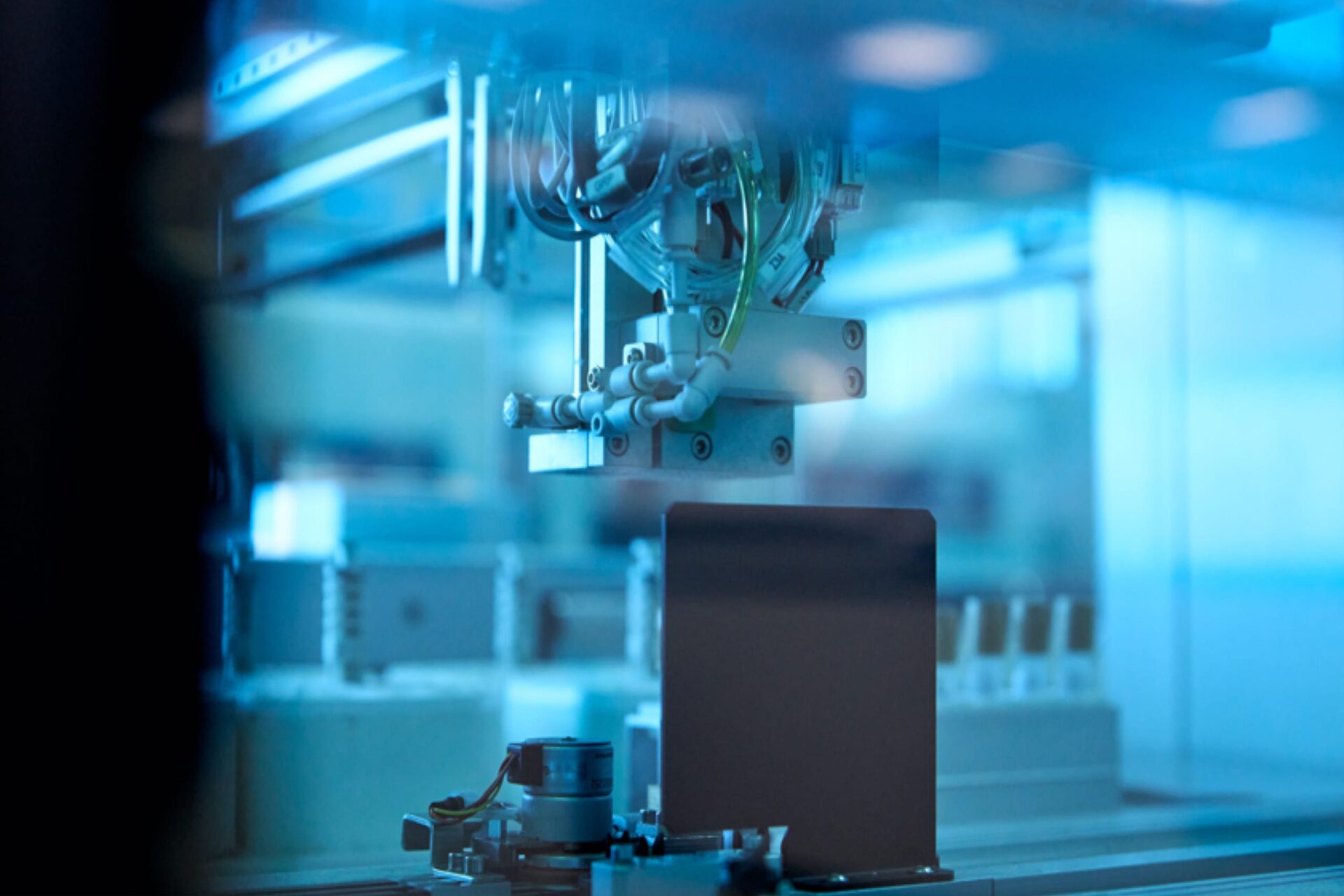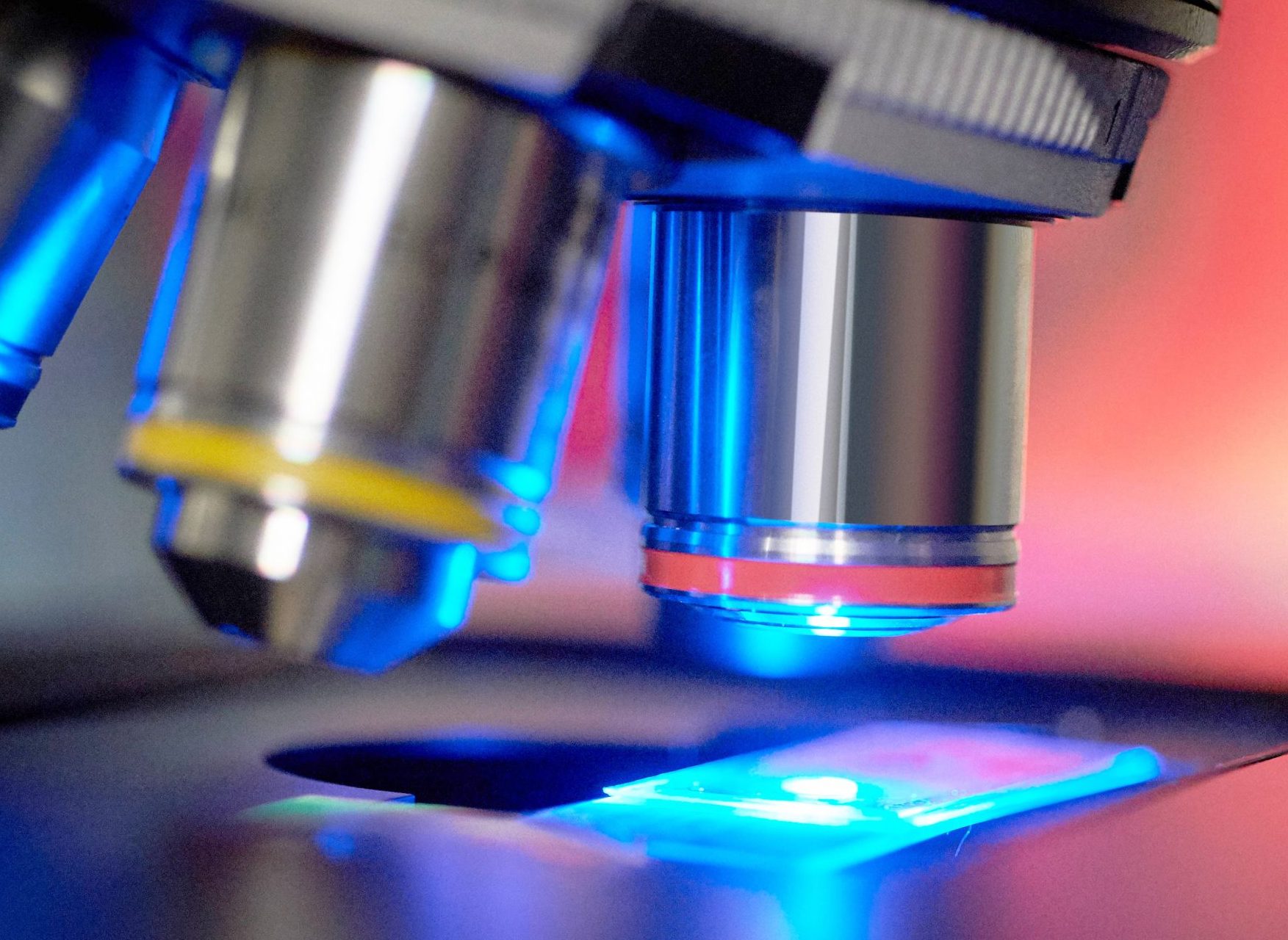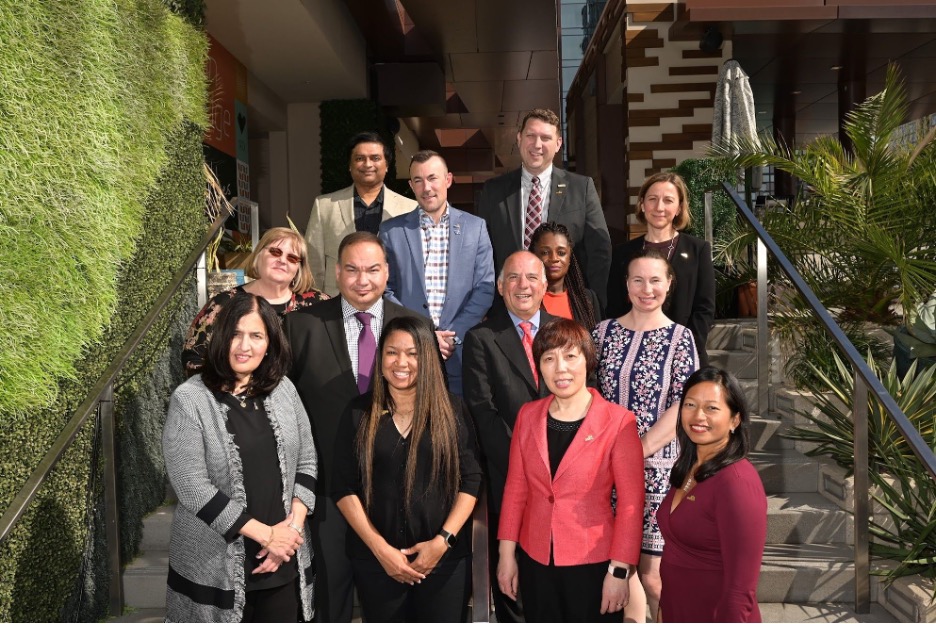Connecting Innovation with Industry
Technology Opportunities & Ventures (TOV) is the technology commercialization unit of New York University and NYU Langone Health. We move research discoveries from the laboratory to the market.
NYU consistently ranks among the top 10 universities nationwide for license income and startup formation. Join us in bringing innovative new solutions and technologies to life.








